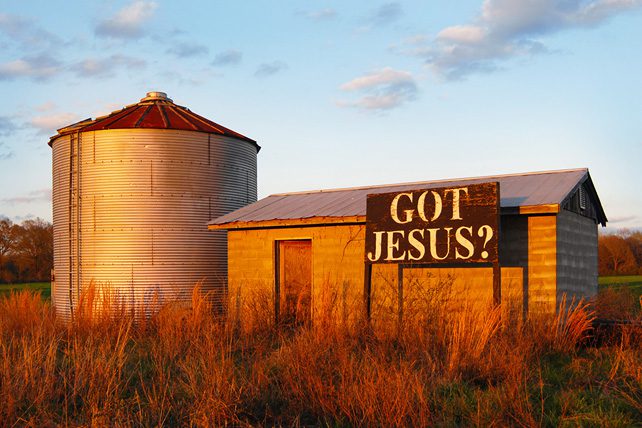The term “Bible Belt” is widely used in the United States, but what does it really mean? This phrase evokes images of church steeples, Sunday services, and deeply rooted Christian traditions. But beyond the stereotypes, the Bible Belt represents a significant cultural and religious region with a lasting impact on American society. Let’s explore what defines the Bible Belt, the states it includes, and why this part of the country holds such influence.
Where Is the Bible Belt?
The Bible Belt is a region in the southern and southeastern United States where Christianity—particularly evangelical Protestantism—plays a central role in culture, politics, and daily life. While the exact boundaries vary depending on who you ask, the core states of the Bible Belt generally include:
- Alabama
- Arkansas
- Georgia
- Kentucky
- Mississippi
- North Carolina
- Oklahoma
- South Carolina
- Tennessee
- Texas
Some maps also extend the Bible Belt into parts of Missouri, Louisiana, Virginia, and even Kansas, depending on religious demographics.
The Meaning Behind the Name
The term “Bible Belt” was first used by journalist H.L. Mencken in the 1920s. He used it somewhat critically to describe regions where religious fundamentalism was strong. Over time, however, the phrase became widely accepted to describe areas where church attendance is high, and biblical teachings influence laws, education, and social norms.
Several factors contribute to the strength of Christianity in the Bible Belt:
- Deep historical roots – Many settlers in this region were of English, Scottish, and Irish descent, bringing strong Protestant traditions with them.
- Revival movements – The 18th and 19th centuries saw Great Awakenings that led to the rise of evangelicalism and widespread church revivals.
- Community and culture – Faith-based communities are a major part of life, from local politics to social gatherings.
Religious Influence on Daily Life
Christianity is more than just a belief system in the Bible Belt—it shapes the way of life. Here are a few ways faith impacts the region:
- Church Attendance – States in the Bible Belt consistently rank highest in weekly church attendance. Many families center their weekly routines around Sunday services and church activities.
- Politics and Policy – Christian values often influence laws and voting patterns, particularly on issues like abortion, education, and same-sex marriage.
- Education – The teaching of evolution versus creationism has been a long-debated issue in Bible Belt schools, with some states favoring curriculum that includes biblical perspectives.
- Social Norms – In many Bible Belt communities, cultural expectations align with conservative Christian values, impacting everything from business operations to entertainment choices.
RELATED: ‘The Bible Belt Is Unbuckling’: Evangelical Pastor Weighs in on Christian Nationalism
The Bible Belt’s Impact on American Culture
The Bible Belt’s influence extends far beyond its geographical borders. Here’s how this region affects the wider United States:
- Political Power – Many prominent political leaders, especially within the Republican Party, come from or appeal to Bible Belt voters.
- Christian Media and Entertainment – The region is home to major Christian broadcasting networks, publishers, and universities that shape religious thought nationwide.
- Missionary Work and Outreach – Many evangelical organizations headquartered in the Bible Belt send missionaries worldwide, spreading their faith and humanitarian efforts.
- Economic Impact – The Bible Belt is home to a large number of faith-based businesses, Christian bookstores, and religious tourism destinations, such as the Ark Encounter in Kentucky and the Billy Graham Library in North Carolina.
- Cultural Identity – Faith is not just a personal belief but a collective identity in many Bible Belt states. Religious festivals, music, and literature are often centered around Christian values.

